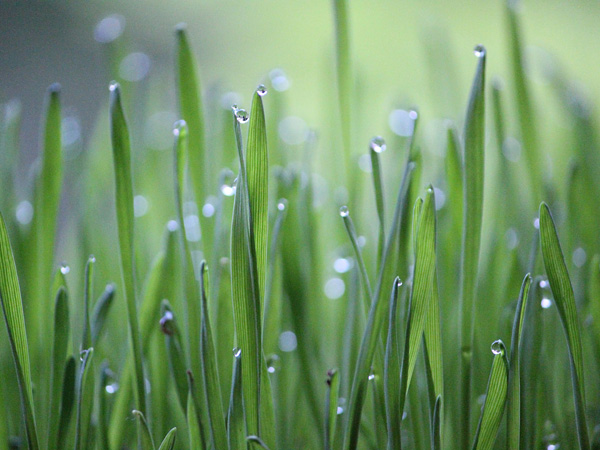How to assist plants in cold acclimation?
Low temperature is one of the most crucial environmental stress factors affecting plants. It limits their growth, development and spread, and consequently, in the case of crop plants, the reduction of the yield. In response to the cold, many plants have developed mechanisms that allow for at least partial tolerance to it. Plant hormones have been shown to be a key element of these mechanisms. One of them is methyl jasmonate – a regulator of the plant growth process, which also plays a significant role in shaping tolerance to biotic and abiotic stresses.
Recently, a team of scientists, including Prof. Zbigniew Miszalski from our Institute, presented the results of a study on the effects of exogenously applied methyl jasmonate on wheat seedlings subjected to low-temperature stress (4 °C). Researchers showed that after the application of the aforementioned hormone, the impact of temperature stress on the photosynthesis process was alleviated. The levels of hydrogen peroxide (H2O2) and malondialdehyde (which usually increase in response to cold presence) were partially reduced, and the activity of antioxidant enzymes (catalase and superoxide dismutase) and proline were increased. After the application of methyl jasmonate, an increase in the expression of the WCS19 and WCS20 genes associated with the acclimatization of plants to low temperatures was also observed. On the basis of the obtained results, the researchers suggest that the use of methyl jasmonate may be a measure (of practical importance) to protect wheat seedlings against the cold.
See the original article:
Repkina N., Ignatenko A., Holoptseva E., Miszalski Z., Kaszycki P., Talanova V. 2021. Exogenous methyl jasmonate improves cold tolerance with parallel induction of two cold-regulated (COR) genes expression in Triticum aestivum L. Plants 10: 1421. DOI

Wheat seedlings.
Photo: pixabay.com.





